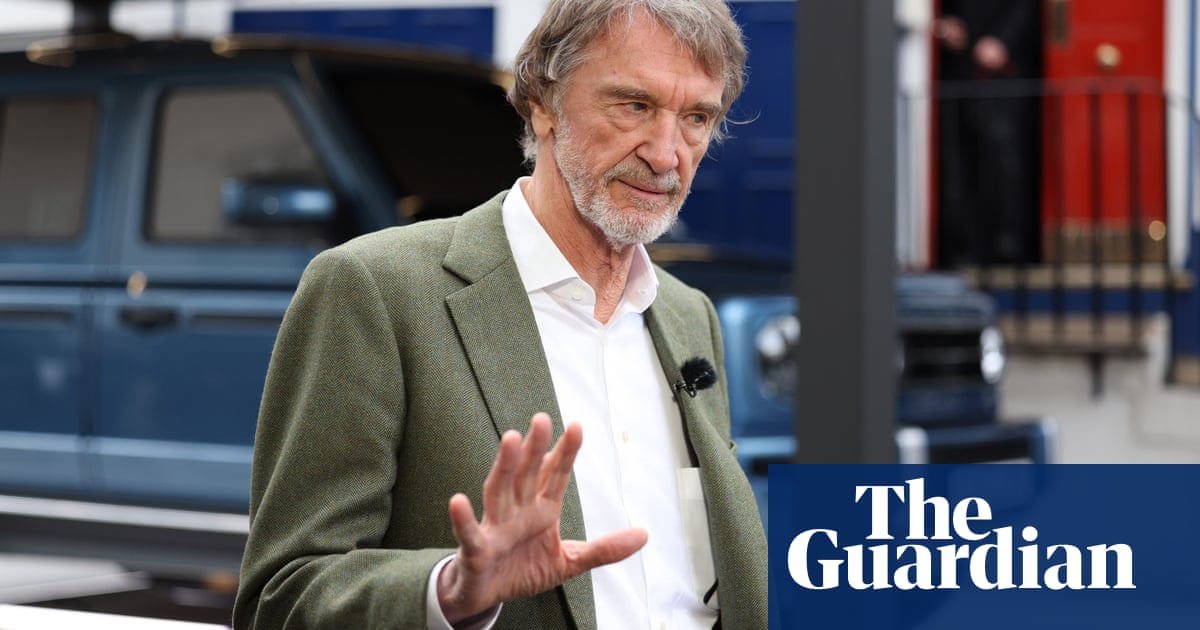Sir Jim Ratcliffe’s Ineos has delayed the launch of its Fusilier electric SUV, blaming weak consumer demand and uncertainty about government policies.
Ratcliffe only unveiled plans to produce the low-emission vehicles in February, with production expected to begin in 2027.
However, it emerged on Wednesday that the project to build the Fusilier, to be marketed as a plug-in hybrid and electric vehicle (EV), had been delayed indefinitely.
Ratcliffe is the founder and chief executive of Ineos, the fracking to chemicals group. The company is also a minority investor in Premier League football club Manchester United and has been pushing into new sectors, including electric car-making.
Ratcliffe had said the Fusilier vehicle, smaller than the company’s existing Grenadier 4×4, would be equipped with an electric motor powered by a battery, as well as a range-extender option using a small gas engine to keep the battery charged up.
However, the company said regulatory changes could hurt the viability of its gas-engine range-extender.
The company said: “We are delaying the launch of the Ineos Fusilier for two reasons: reluctant consumer uptake of EVs, and industry uncertainty around tariffs, timings, and taxation.” It added that there needs to be long-term clarity from policymakers to meet net zero targets.
An Ineos Automotive spokesperson said that the gas-powered range-extender would be banned in Europe and the UK in 2035, according to Bloomberg, which first reported the delay.
If the Labour party are successful in Thursday’s general election, it has pledged to bring forward the ban on the sale of new petrol cars by five years to 2030.
The EU’s move to impose new tariffs on imports of Chinese-made EVs into the trading bloc has prompted fears of a global trade war, centred on EVs.
The tariffs of up to 38% on imports of Chinese EVs come into effect on Thursday barring a last minute U-turn. They will be imposed on top of the existing 10% levy on cars imported into the EU, meaning Chinese-made EVs face total tariffs of up to 48%.
On Wednesday, the BMW chief executive, Oliver Zipse, criticised the move. “The introduction of additional import duties leads to a dead end,” he said. “It does not strengthen the competitiveness of European manufacturers.”

